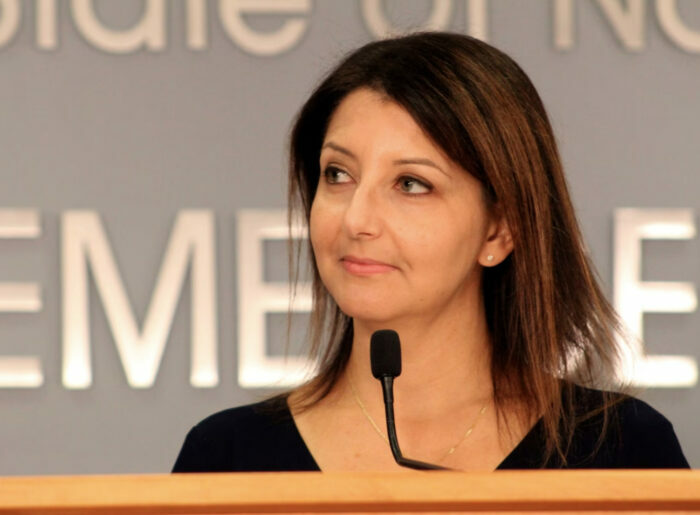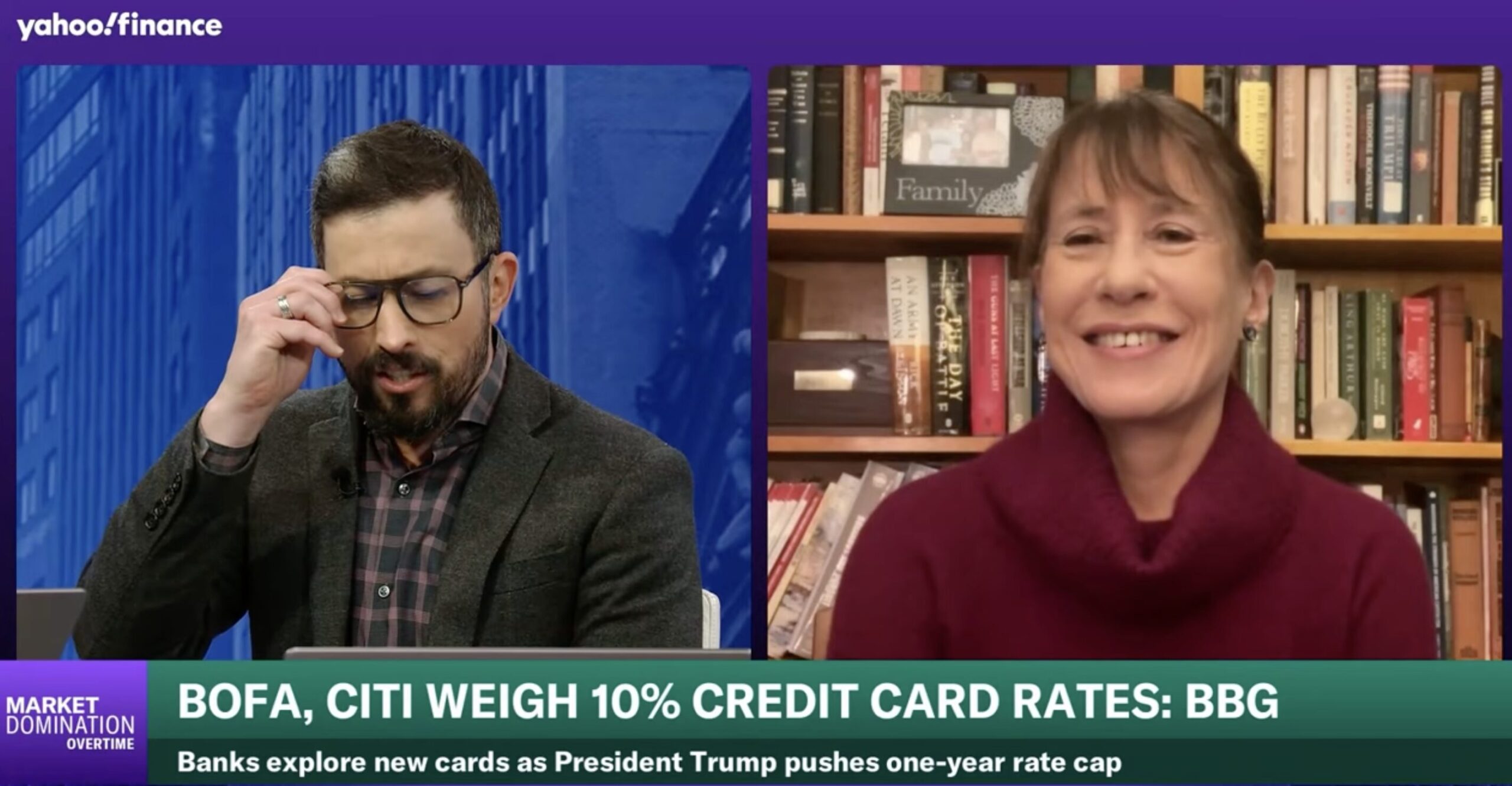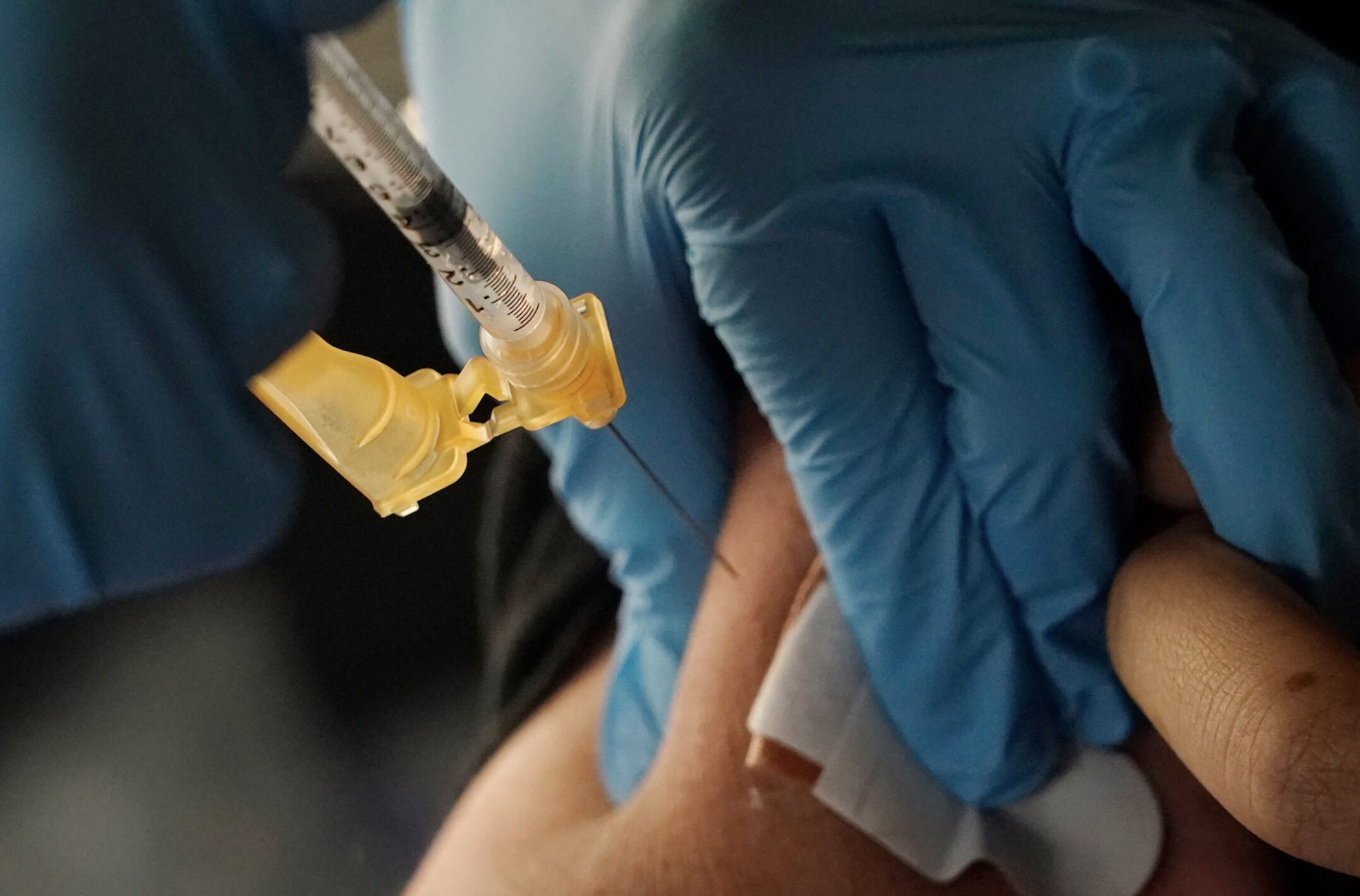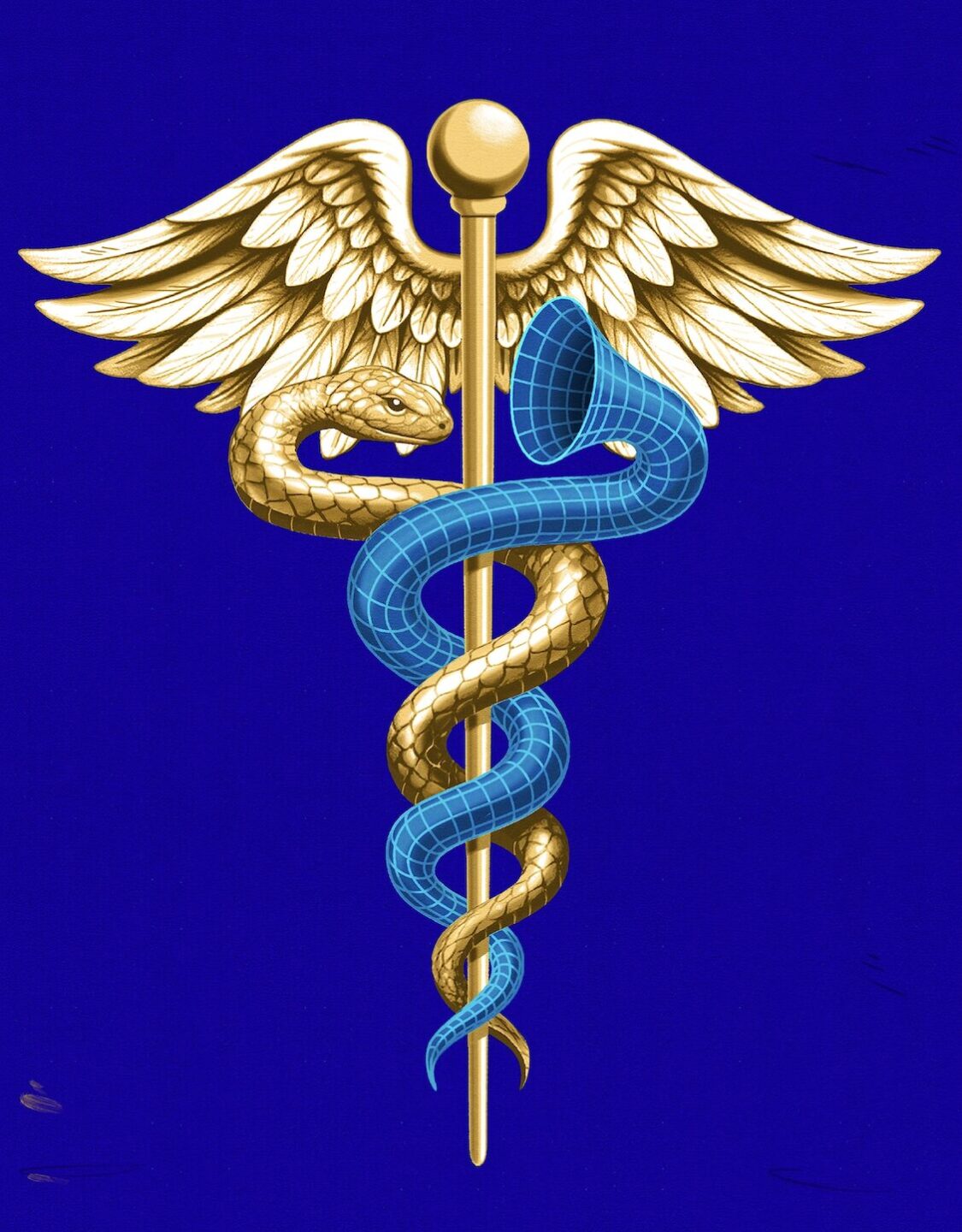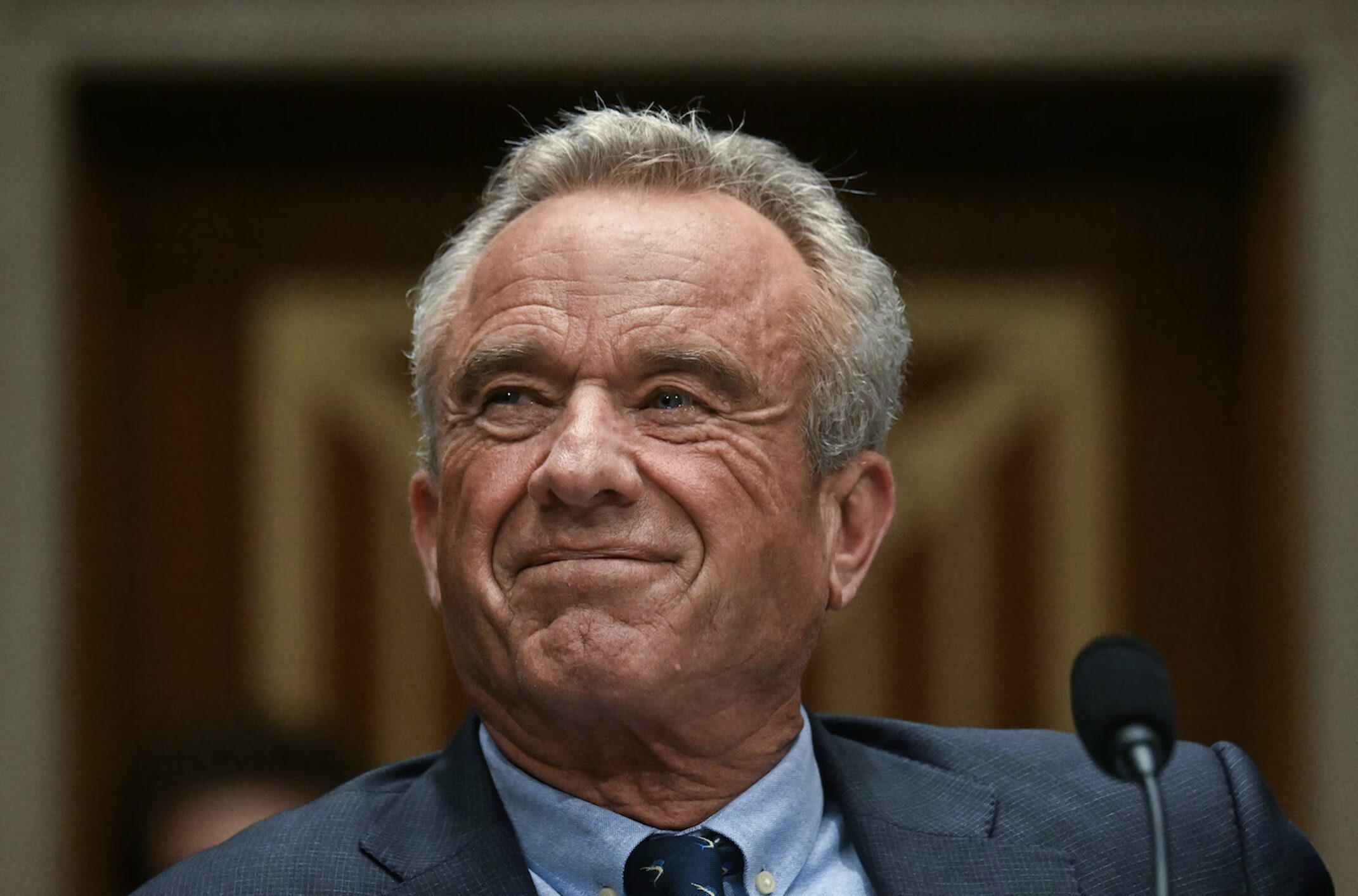Mandy Cohen, President Biden’s newly appointed director of the Centers for Disease Control and Prevention, was sworn into her role last week. The internal medicine physician and former North Carolina state health secretary is exactly the right person to lead the agency through a critical inflection point.
Cohen takes over a storied entity renowned around the world for its rigorous scientific research, though it has taken major reputational hits during the covid-19 pandemic, as numerous studies show. Conspiracy theorists and opportunistic politicians peddling deliberate disinformation are largely to blame for driving the unfortunate politicization of the agency. But the CDC has also made unforced errors, and noted public health experts have urged the agency to shift from its academic orientation to become nimbler in responding to crises.
The outgoing director, Rochelle Walensky, has laid out a road map for reform. Her successor has the expertise and, crucially, the political savvy and connections needed to see these changes through.
Cohen’s most directly relevant experience is leading North Carolina’s health agency for five years. In addition to spearheading the state’s coronavirus response — no small feat in a purple state with a Democratic governor and Republican state legislatures — she also helped to expand Medicaid, combat the ongoing opioid crisis and devise innovative ways for insurance to cover social needs such as housing and transportation.
The breadth of these responsibilities prepared her well for leading the CDC. The public most closely associates the CDC with epidemic control, but its more than 10,000 employees work on a wide range of issues including preventing nontransmissible diseases such as cancer, heart disease and diabetes; protecting the public from environmental health threats; thwarting injuries and violence; and safeguarding children’s health. Having overseen many of these programs in North Carolina gives Cohen credibility with her new staff, and her on-the-ground experience resonates with local and state health commissioners who will see her as one of their own.
Cohen also held high-level roles in the federal government, including as chief of staff and chief operating officer for the massive Centers for Medicare and Medicaid Services. So she knows how to move the levers of power to advance her agency’s priorities. The CDC is not an island; it depends on other federal agencies and local and state health departments to coordinate and implement strategies. Knowing how to navigate federal bureaucracy enables her to leverage public health assets across government.
One other significant attribute Cohen brings is her close ties to White House officials, most notably Biden’s chief of staff, Jeffrey Zients. Such connections might raise eyebrows of observers who believe the CDC should be an independent entity, divorced from political leadership. But these critics should look to covid-19 as an example of how public health officials need to consider more than just science when making complex policy decisions.
As I argued before, scientific research must be free from political interference, but public health policy — by definition — requires difficult trade-offs between individual liberty and societal good. Decisions such as implementing mask mandates and closing schools and businesses can’t be made solely based on science; they must consider an array of factors, including human behavior and costs to learning and the economy.
Cohen has lived through this delicate balancing act in previous roles. She will need to communicate the nuances of policy deliberations, including to her own staff who might disagree with certain administration decisions, while being a forceful advocate on behalf of the CDC to the White House.
This, I believe, is the most underrecognized — and fundamental — part of her job. Her political connections aren’t a liability; they are her superpower.
Here’s an example: The debt ceiling deal recently struck by Congress and the Biden administration will reduce anticipated CDC funding by an estimated $1.3 billion, with resulting cuts to the public health workforce and programs for routine childhood immunizations. The agency’s director must make the case about why this will harm the country’s health not just to Congress but also behind the scenes to her own bosses when they determine negotiation priorities. An effective leader is one who’s in lockstep with the White House publicly but is successful in achieving wins privately.
No doubt, Cohen has a tough road ahead of her. Politicians and advocates from both sides of the aisle will be rooting for her to fail, as they did with Walensky, who led the agency with dedication and dignity. But if anyone can succeed in bringing out the best in talented CDC workers, transforming the agency from within and restoring its reputation to the public, it’s this savvy and experienced leader. Americans who care about the future of public health should all root for Cohen’s success.


